Climate change is a reality that agriculture has to face. It is becoming increasingly evident and has a greater impact on production and economic performance. The international community has been concerned about the impact of global climate change for a long time and has taken steps to face it. In 1988 the World Meteorological Organization and the United Nations Environment Programme created the Intergovernmental Panel on Climate Change (IPCC).
The study of the new possible scenarios and response strategies for agriculture are certainly important and Tecnoce S.L. has been working in this direction for 2 decades.
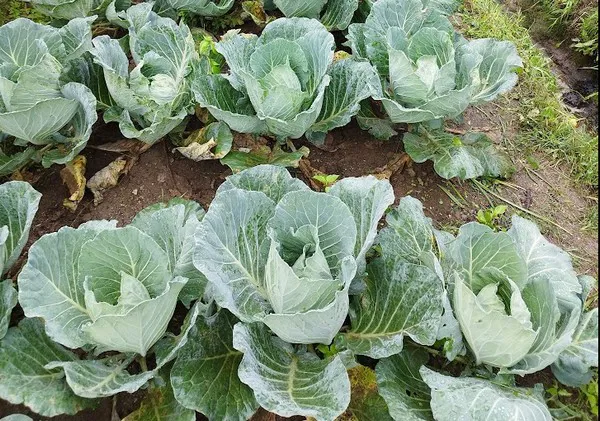
“20 years ago, Tecnoce began researching how to make mountain farming profitable, recover crops that were being lost, and make the use of natural products viable. The microclimates that take place as altitude and orientation change are a true natural laboratory to study how plant varieties and genotypes have evolved during the natural climate changes of the past. This basic idea spurred our company to inspect agricultural and research centers operating in the most remote places of the world: the jungles of central Africa, the deserts of southern Europe, and the highest peaks in the world.”
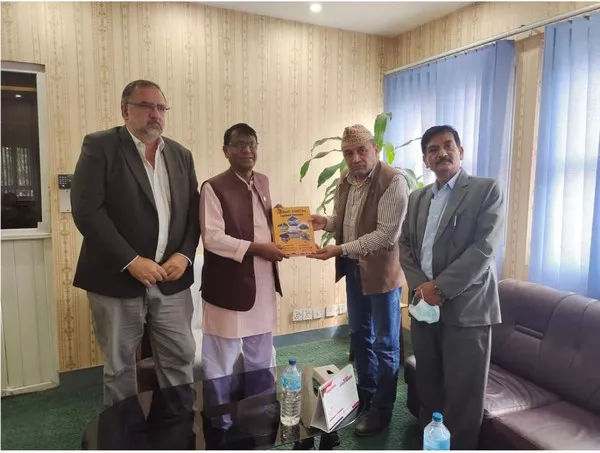
Santos Lozano with Mrigendra Kumar Yadav, Nepal's Minister of Agriculture, Dr. Govinda Prasad Sharma, Vice President of the Lumbini Garden Foundation, and Ram Bahadur KC, former Director of the National Agricultural Research Center of Nepal.
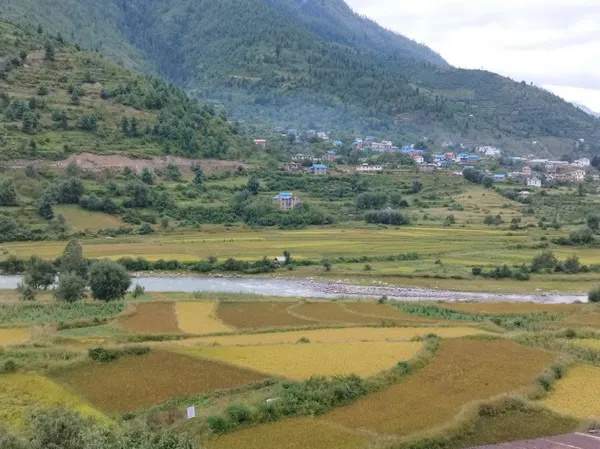
"Faced with the need to establish alliances, starting in 2019 the company began to promote a network of international cooperation with scientific organizations in Sub-Saharan Africa, MENA countries, and South Asia," stated Santos Lozano Palomeque. “These networks have attracted the interest of scientists from almost all over Europe, with whom we organize consortia to help researchers interested in expanding their work with plants and varieties that are unknown in Europe. International multidisciplinary cooperation will help to understand how we can protect agricultural production from the effects of climate change. To achieve this, we learn from nature itself through comparative modeling and a geobotanical approach. Consortia are already presenting themselves to European research programs, such as Horizon Europe or PRIMA.”
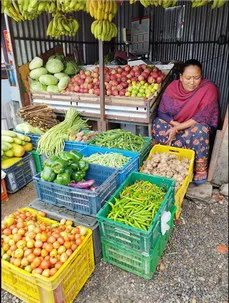 “In South Asia, where half of the world's population lives, an international consortium for scientific collaboration and cooperation has been organized with the Lumbini Garden Foundation, which is the main partner in Nepal, Sri Lanka, and Bhutan. We work there with the highest altitude research centers in the world to study how native varieties of Himalayan crops are genetically adapted to high altitudes. This line of work allows us to check how the ripening of fruits and vegetables adapts to changes in temperature.”
“In South Asia, where half of the world's population lives, an international consortium for scientific collaboration and cooperation has been organized with the Lumbini Garden Foundation, which is the main partner in Nepal, Sri Lanka, and Bhutan. We work there with the highest altitude research centers in the world to study how native varieties of Himalayan crops are genetically adapted to high altitudes. This line of work allows us to check how the ripening of fruits and vegetables adapts to changes in temperature.”
Domesticated crops have lost genetic diversity and commercial varieties have been selected to increase their productivity in increasingly small ecological niches, with strictly defined temperature ranges. It is the result of a great deal of work by breeders, which is now being hampered by rapid fluctuations in the climate. “These varieties, which have more selective growth but less adaptive capacity, are much more affected by climate change."
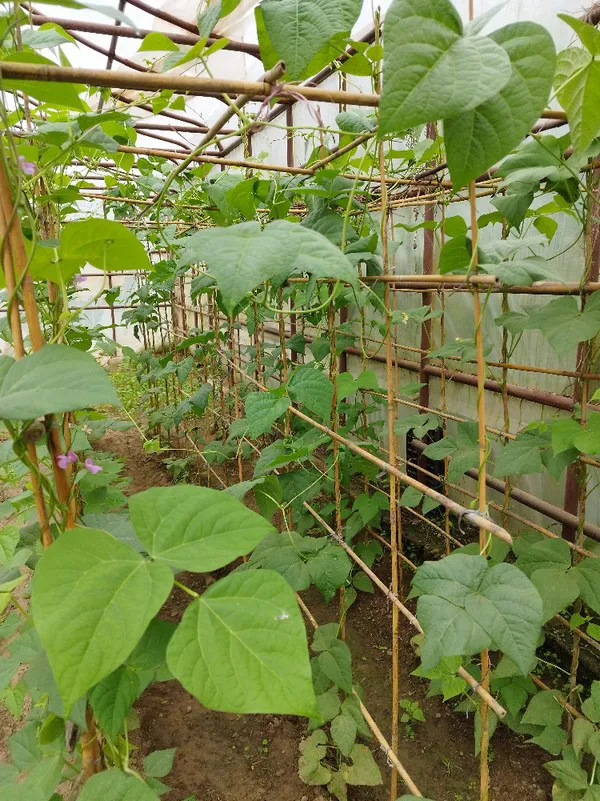 This year, for example, the unusually warm autumn and part of winter have impacted the plant growth and production times of important Spanish crops, such as broccoli and lettuce, resulting in a concentration of supply at the start of the season and the inevitable subsequent lack of products. (Photo: Greenhouse in the Himalayas)
This year, for example, the unusually warm autumn and part of winter have impacted the plant growth and production times of important Spanish crops, such as broccoli and lettuce, resulting in a concentration of supply at the start of the season and the inevitable subsequent lack of products. (Photo: Greenhouse in the Himalayas)
"Temperature disturbances lead to market disturbances, and we have the possibility to study in a real-life scenario how different species react and adapt to climate change through the concept of geobotany," Santos stated.
“In fact, we want to work with important commercial varieties on the market to search for genotypes that are more resistant to these perturbations, and to establish collaborations with private companies and research centers in Europe that are looking for varieties resistant to climate change."
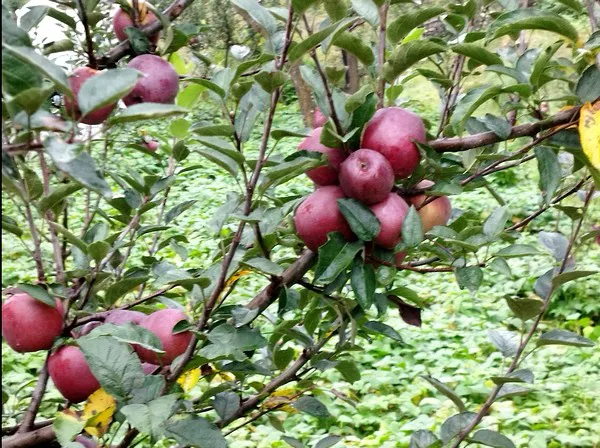
For more information:
Tecnoce S.L.
Tel.: +34 699 78 07 39
[email protected]
http://tecnoce.todoproductividad.es/










